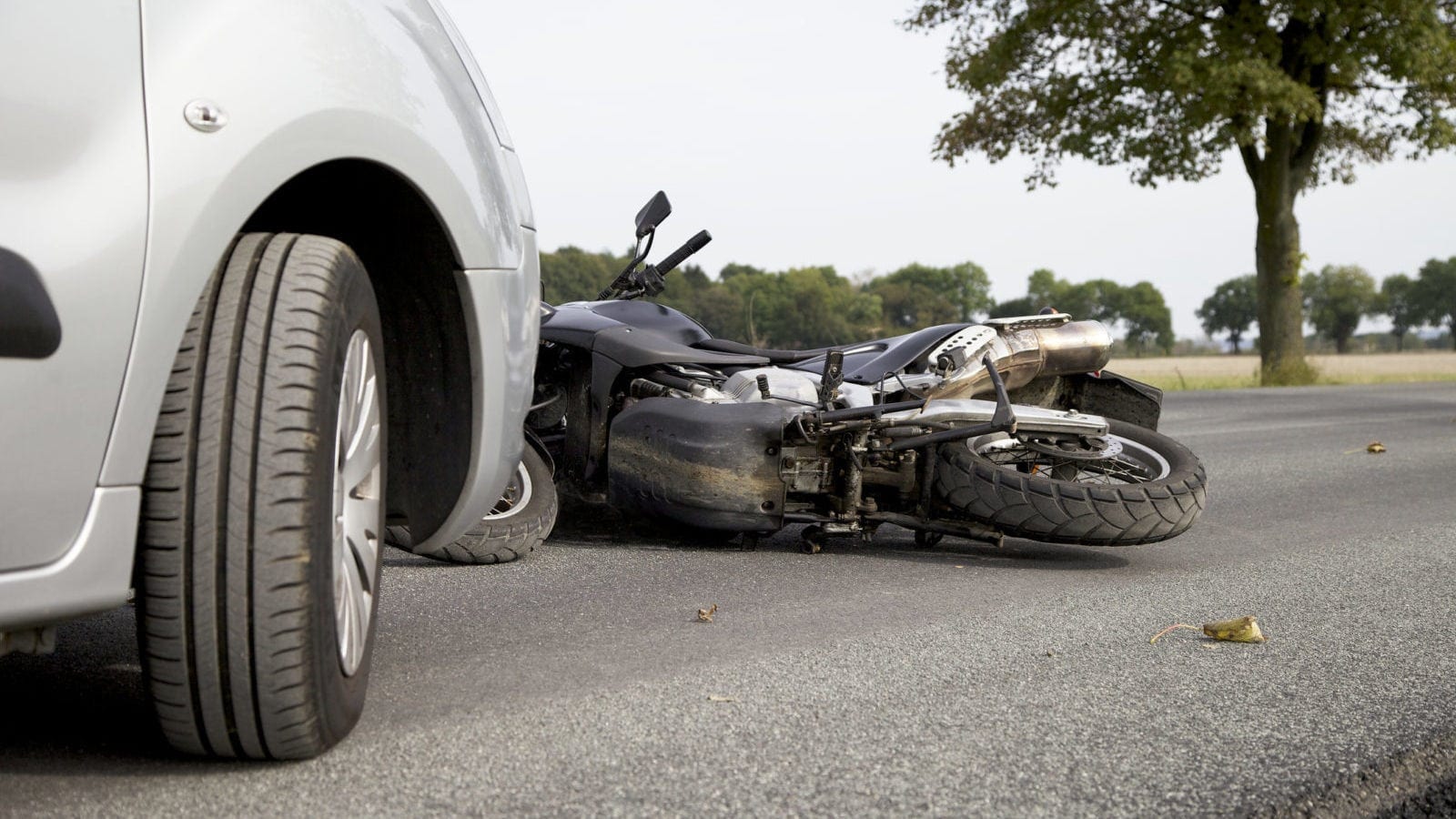Motorcycle owners know how much fun riding can be. It’s part of the reason you can see many bikers riding throughout the Triad on a daily basis. However, on occasion, a problem can come up, especially when they take place in the form of an accident. According to the national average, the frequency rate of motorcycle collisions is on par with the frequency that comes from accidents of other vehicles.
That said, a motorcycle has an increased chance to result in injuries or death from an accident. This is verified in a 2006 study from the government showing the rate of death for bike wrecks 35 times more often when compared to auto accidents. This article looks at some of the factors that can cause motorcycle accidents in Winston-Salem and the role a motorcycle accident lawyer plays in litigation.
What Causes Motorcycle Accidents?
Motorcycle accidents can happen for any number of reasons. The below guide offers the most common causes of bike collisions:
- Head-On Collisions: On average, these are the primary causes of deaths that are the result of a bike accident and are usually the most fatal. Typically, crashes involving a motorcycle plus a second vehicle lead to 56% of deaths due to an accident. In most cases, the other car that is involved collides with the front of the bike. While rear-collision accidents do occur, they only make up 5% of wrecks.
- Opposing Cars Making Left Turns: Accidents of this type account for 42% of motorcycle wrecks. They happen when a car turns and collides with a motorcycle attempting to overtake or pass the car, or a motorcycle driving through an intersection. This type of accident can happen with two cars too. However, a motorbike is far smaller than an automobile, which makes it more difficult to see in the range of a car’s blind spot. When this kind of wreck occurs, the driver of the car will be the party responsible, although the biker can be found as the cause depending on if they commit rules violations such as driving in the wrong lane or speeding.
- Lane Splitting: This happens when a bike rider navigates through two or more lanes of cars in low-speed situations, such as slow driving or stopped in thick traffic. The main causes of these accidents are reduced riding space for the motorcycle to ride as well as the driver of the automobile not anticipating to be passed by a bike in driving conditions with reduced speed.
- Alcohol Use: Riders that are intoxicated while operating a motorcycle cause nearly half of the one-vehicle accidents where a bike is involved. In addition, those riders have an increased chance of causing injury or death due in part to the limited protection while on the bike.
- Stationary Objects: 25% of motorcycle deaths are due to colliding with an embedded object on the road. A similar wreck for a car has a death rate of 18%.
- Road Hazards: As mentioned previously, bikes do not have an equal amount of protection around them when compared to a car. Because of this, there is an increased danger when encountering obstacles on the road such as potholes, lower traction road, and stray debris.
- Sports Motorcycles: Some manufacturers make bikes with increased performance that are made to be able to reach high rates of speed, with some going as high as 160 mph. Even though these vehicles cause only a lesser amount of motorcycle-related accidents, there is usually a higher death rate for these specific models when accidents occur.
How A Motorcycle Injury Lawyer Can Help
If you are a motorcycle rider or are thinking about becoming one, it’s best to know and to follow the laws required to operate the bike. If you do get involved in an accident while riding, however, having a lawyer specializing in bike cases can provide the representation you need. At Lewis & Keller, our firm has multiple years experience with cases for motorcycle riders. If you’ve been in a motorcycle accident in Winston-Salem, call our offices at 336-851-1000 or fill out the contact form below for a free case evaluation.



